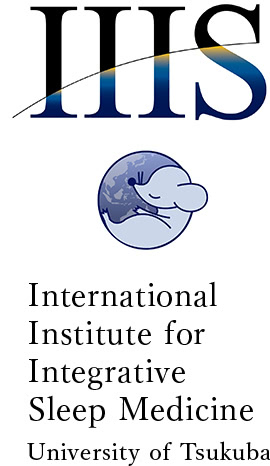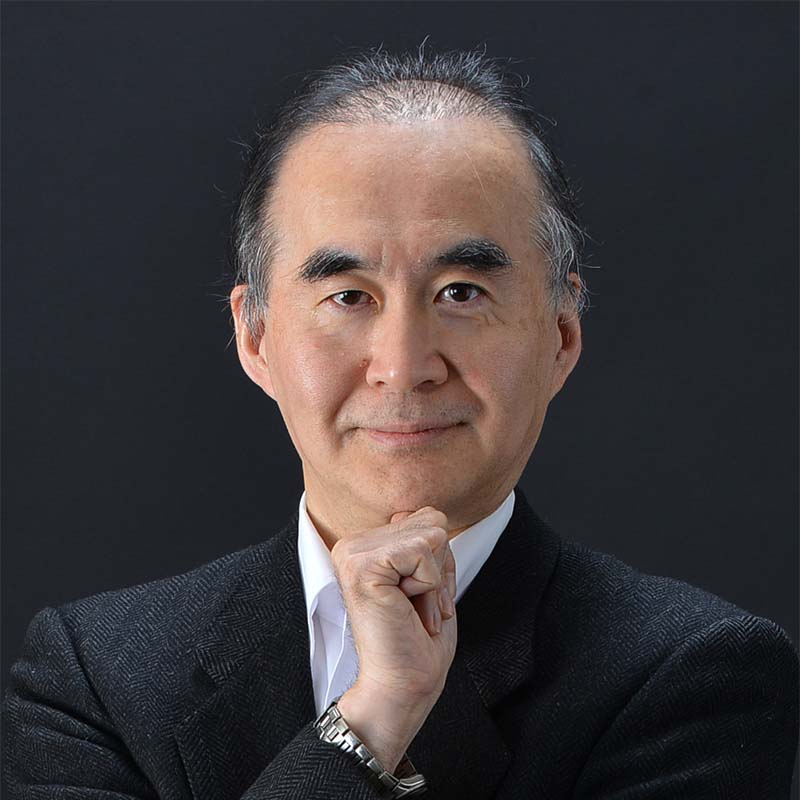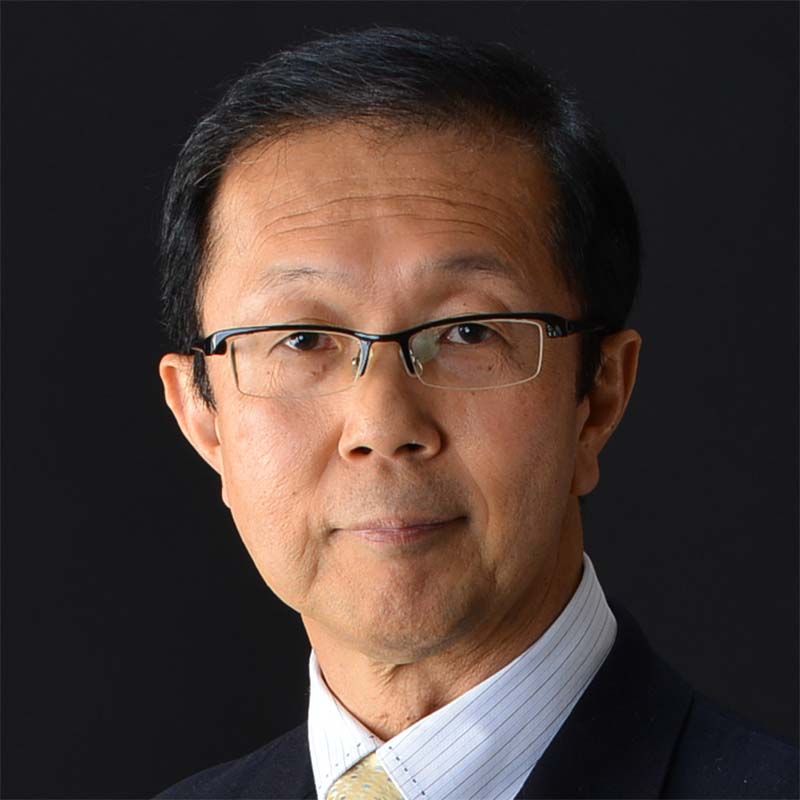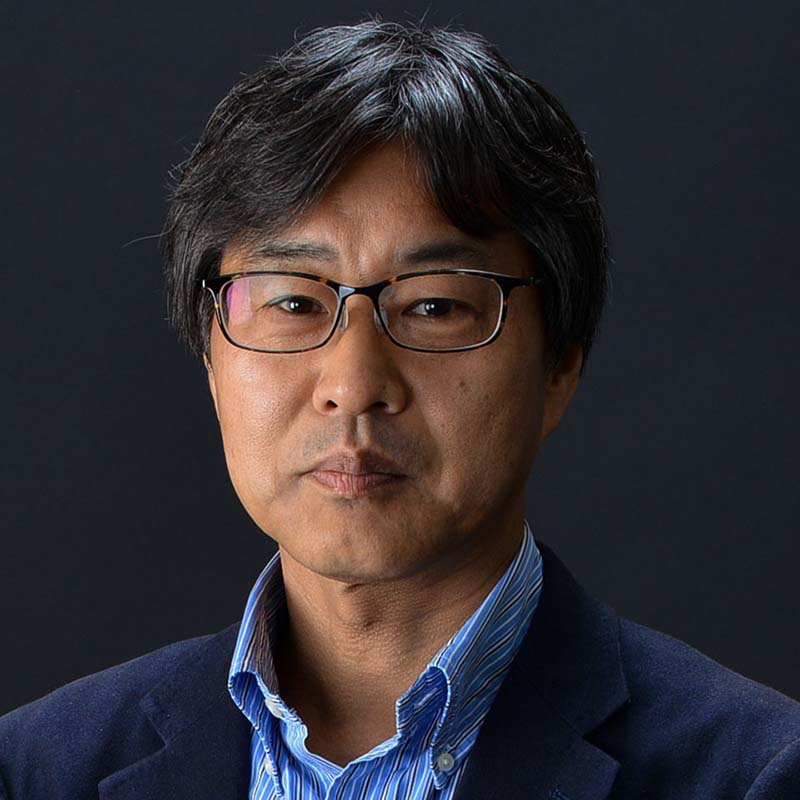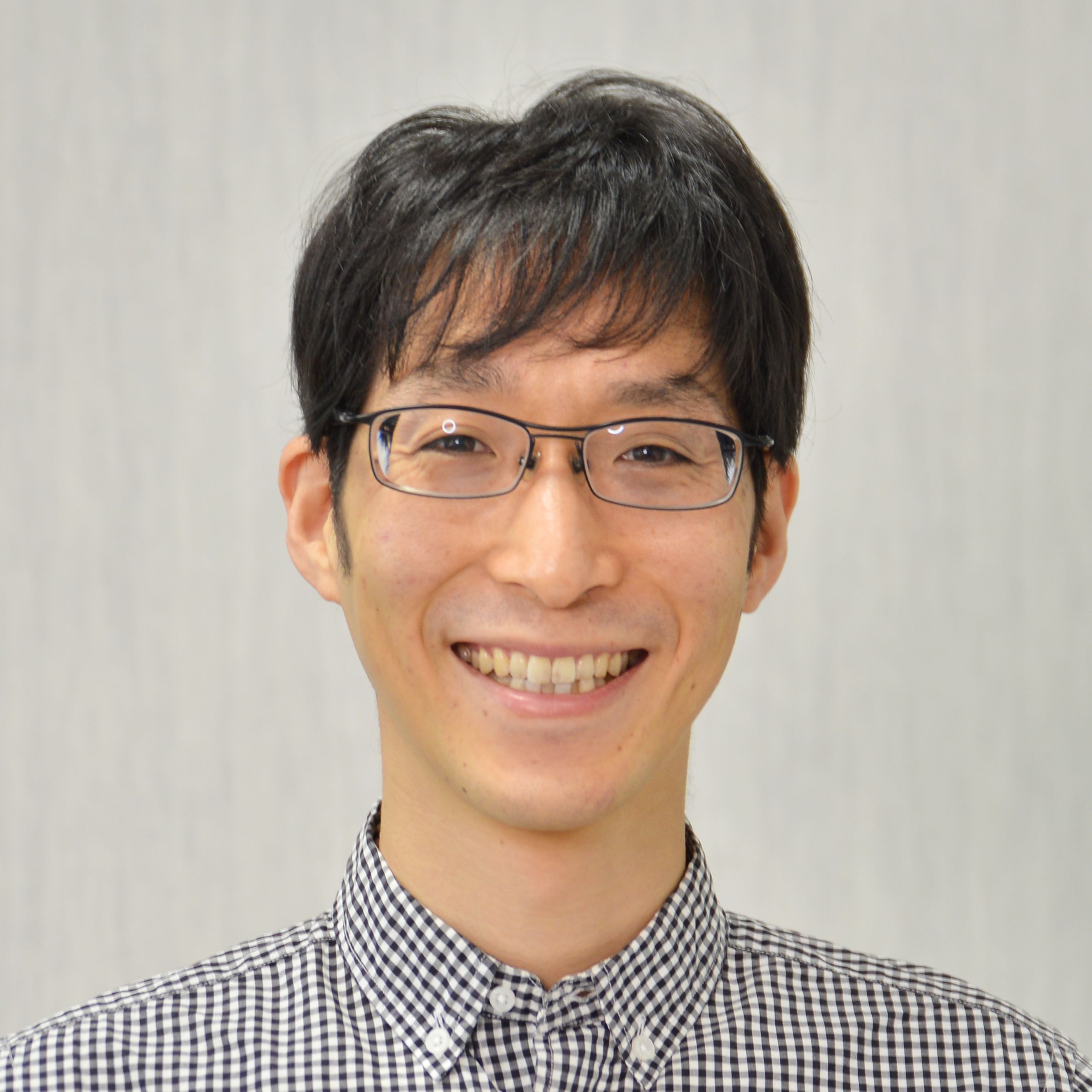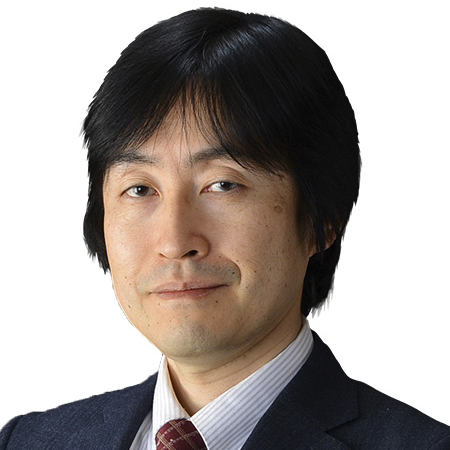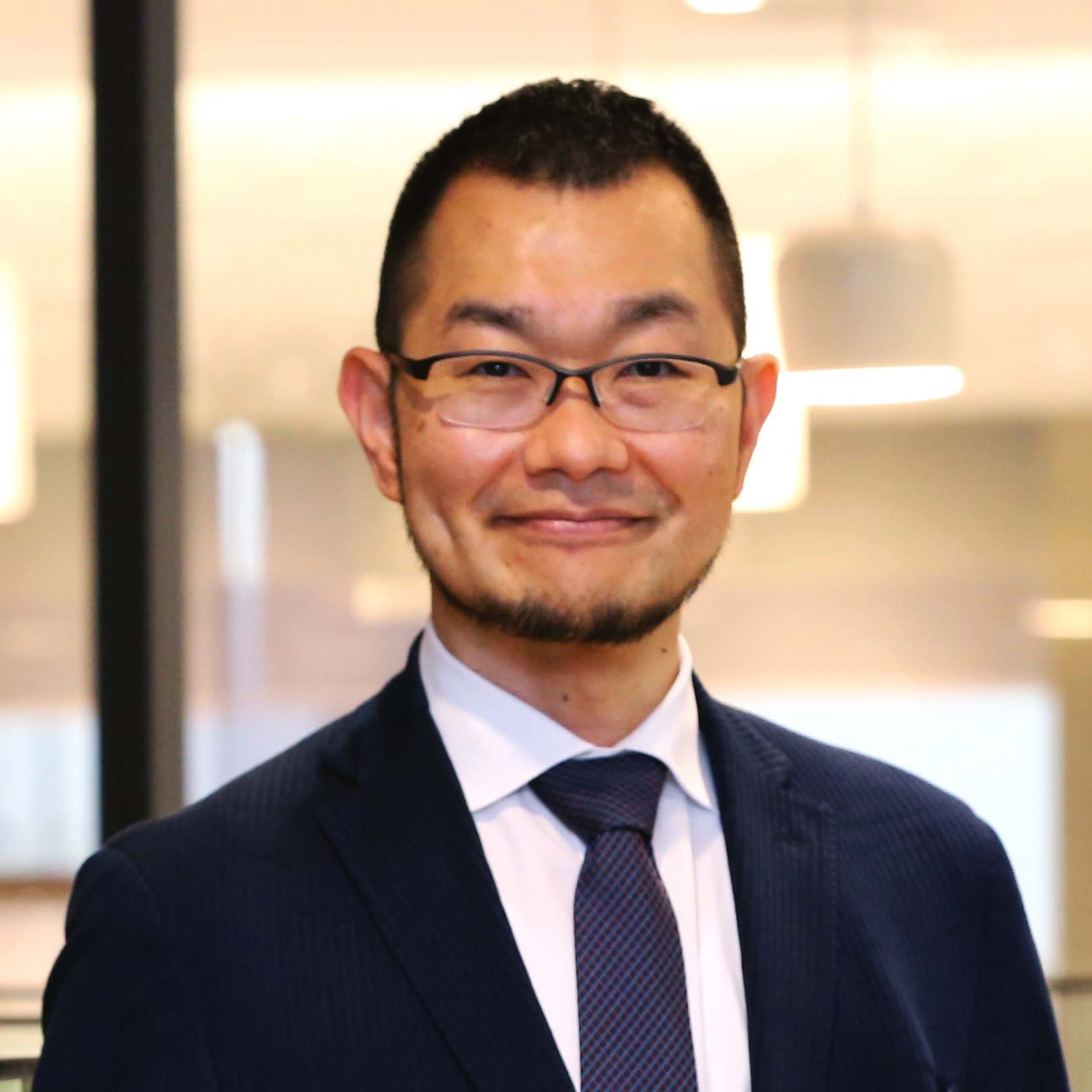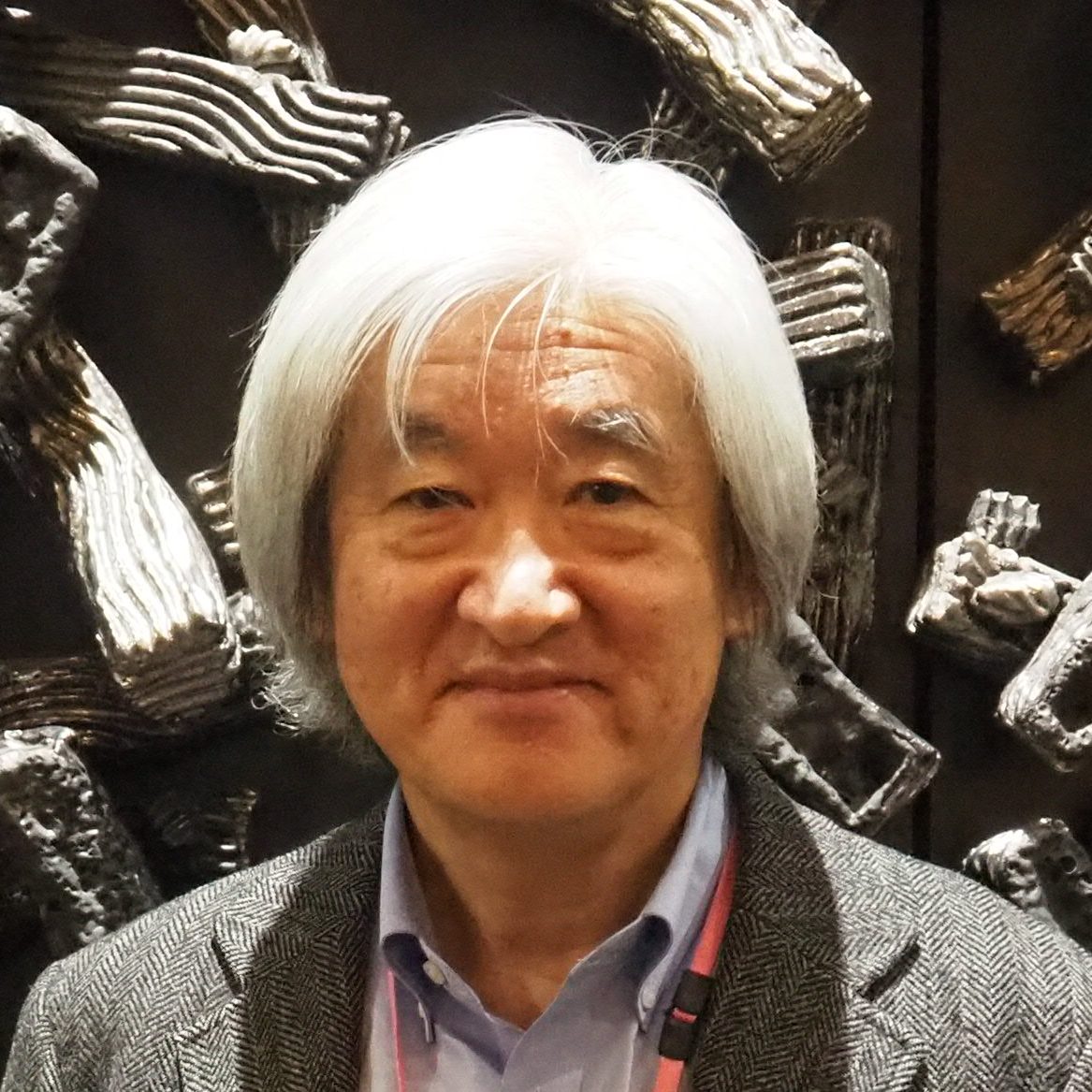01 研究概要
Sleep is a physiological phenomenon that is widely conserved in organisms. To understand the mechanisms and functions of this genetically conserved phenomenon and to question its evolutionary significance, it is essential to make comparisons among species. In particular, from the perspective of the evolution of organisms, it is undeniable that the neural structures of a species are constrained by its unique properties. In other words, by quantitatively comparing multiple species, it is possible to broadly distinguish between species-specific properties and properties common to all organisms, and to extract the smallest structural and functional unit of commonality among organisms. Our laboratory aims to extract the molecular and neuroscientific minimum units common to sleep-wake cycles by using mice as vertebrates and ants as social arthropods with in collaboration with other non-model animal researchers.
|
02 Major achievement
*Katori M, *Shi S, Ode KL, Tomita Y, Ueda HR. (*Equally contributed) 103,200 acceleration data in UK Biobank revealed a landscape of human sleep phenotypes. Proc. Natl. Acad. Sci. U.S.A. 119(12) e2116729119 (2022)
*Yamada T, *Shi S, Ueda HR. (*Equally contributed) A Design principle of Spindle Oscillations in Mammalian Sleep. iScience 25(3), 103873 (2022)
Shi S, Tanaka S, Ueno R, Gilmour S, Tanoue Y, Kawashima T, Nomura S, Miyata H, Yoneoka D. Impact of travel restrictions on importation of novel coronavirus infection: An effective distance approach. Bull World Health Organ. 98, 518-529 (2020)
*Yoshida K, *Shi S, Ukai-Tadenuma M, Fujishima H, Ohno RI, and Ueda HR. (*Equally contributed) Leak potassium channels regulate sleep duration. Proc. Natl. Acad. Sci. U.S.A. 115 (40), E9459-E9468 (2018)
*Tatsuki F, *Sunagawa GA, *Shi S, *Susaki EA, *Yukinaga H, *Perrin D, Sumiyama K, Ukai-Tadenuma M, Fujishima H, Ohno RI, Tone D, Ode KL, Matsumoto K, Ueda HR. (*Equally contributed) Involvement of Ca2+ - Dependent Hyperpolarization in Sleep Duration in Mammals. Neuron. 90, 70-85 (2016)
03 Education/Academic background and major awards
Education/Academic background
| 2017 | Ph.D. in Medicine (The University of Tokyo) |
|---|---|
| 2017-2022 | Assistant Professor, School of Medicine, The University of Tokyo |
| 2017- | Visiting Researcher, RIKEN Center for Biosystems Dynamics Research |
| 2020-2022 | Project Researcher, School of Medicine, Keio University |
| 2020-2022 | ERATO UEDA Biological Timing Project Human Sleep Group GL |
| 2022-present | Visiting Researcher, School of Medicine, The University of Tokyo |
| 2022-2025 | Principal Investigator, International Institute for Integrative Sleep Medicine (WPI-IIIS), University of Tsukuba |
| 2025-Present | Specially Appointed Assistant Professor, Principal Investigator, International Institute for Integrative Sleep Medicine (WPI-IIIS), University of Tsukuba |
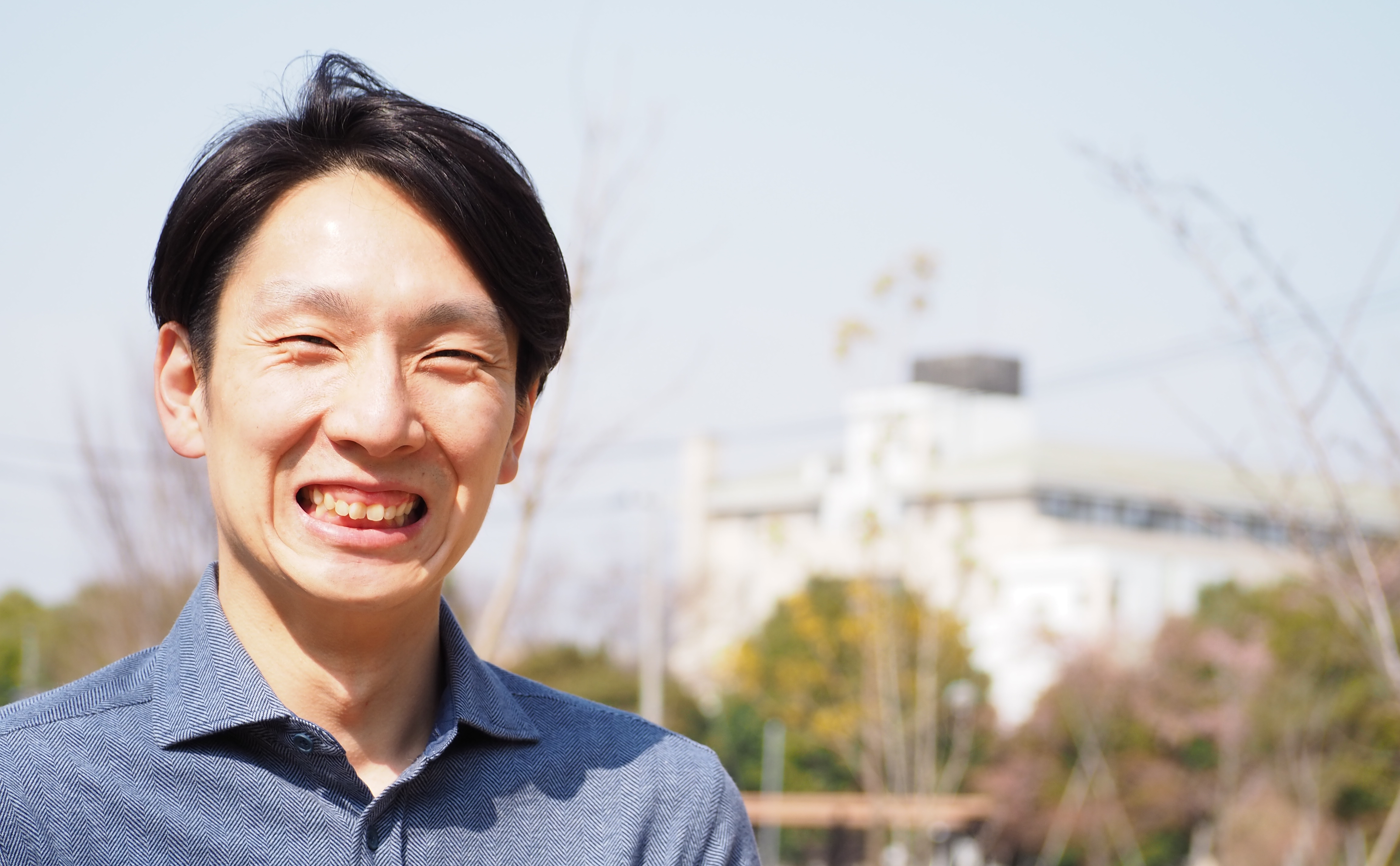
Why did you become a scientist?
Love and enjoy science
The first time I thought of becoming a researcher was when I was in high school. I really liked to think about the mechanisms and significance of many phenomena in nature. Life in nature is so profound and diverse that it is difficult for a single mind to come up with the correct answer. And even when I finally come up with an idea, sometimes someone else has already thought of it, but even so, it is a wonderful challenge to experiment, analyze, and look at the data every day and think of new ideas.
What are the characteristics of your lab?
Comparative neuroscience proceeding with both questions and technological development
As a researcher, I believe it is very important to have one's own questions about biological phenomena. On the other hand, technological advancements often provide a landscape of our world and shape new ways to understand it. Therefore, our laboratory will develop a technology to quantitatively compare between species, which will serve as driving force for comparative neuroscience and understanding fundamental biological phenomenon (e.g., sleep). We will use not only neuroscientific methods, but also genetics, computational science, and various other techniques to advance our research. Researchers from any background are welcome. If you are interested in the phenomenon of sleep, in the development of technologies for comparative neuroscience, or have your own interesting questions, not limited to sleep, please contact us.
What are you most interested in lately
Running and exercise
During my school days, I enjoyed many hobbies such as bouldering, martial arts, watching movies, and visiting museums, but recently I have not been able to find the time for them. I run from Tsukuba station to the laboratory every day and do some exercise in the PI room.
Core Group
-
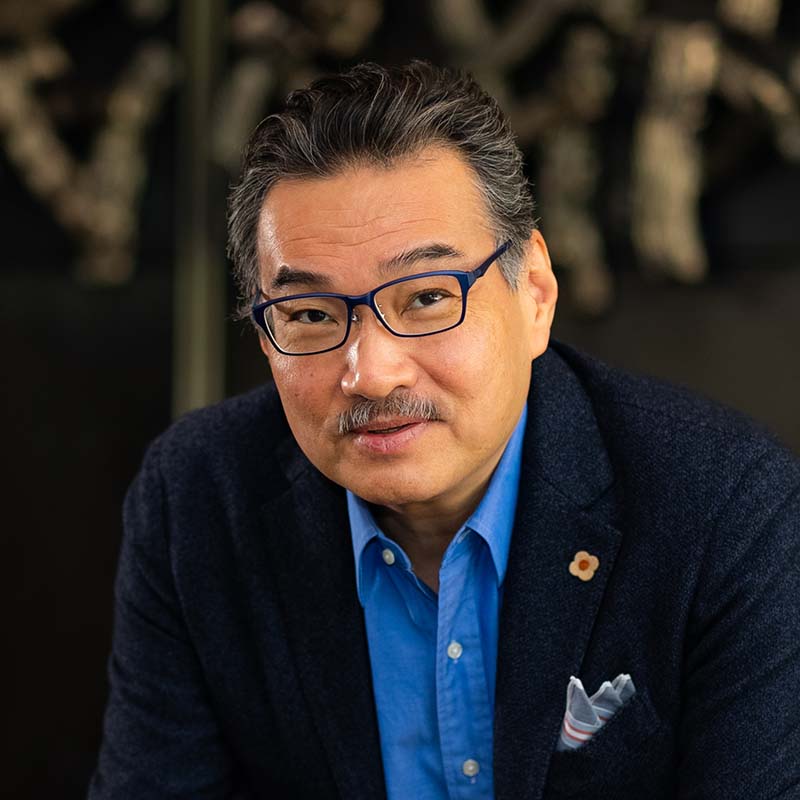
Neuroscience
Masashi Yanagisawa
-
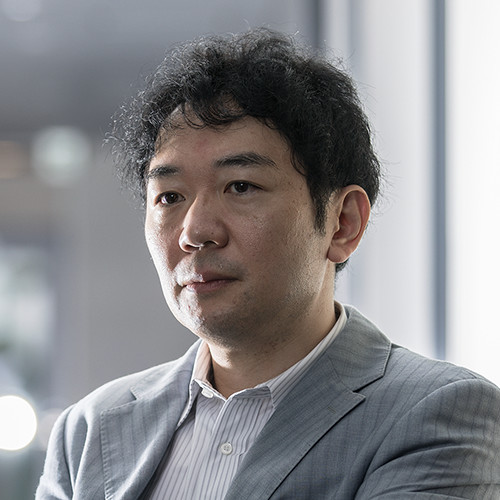
Neuroscience
Takeshi Sakurai
-
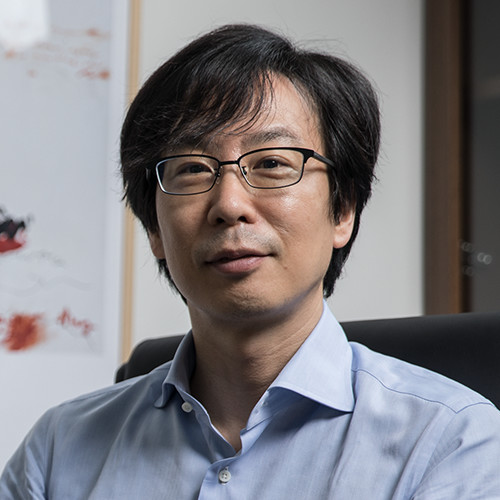
Neuroscience
Hiromasa Funato
-
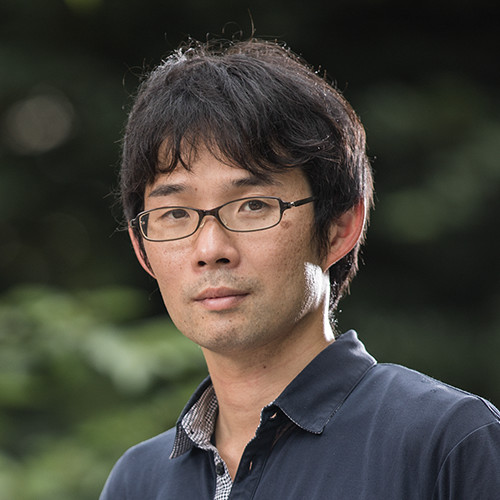
Neuroscience
Yu Hayashi
-
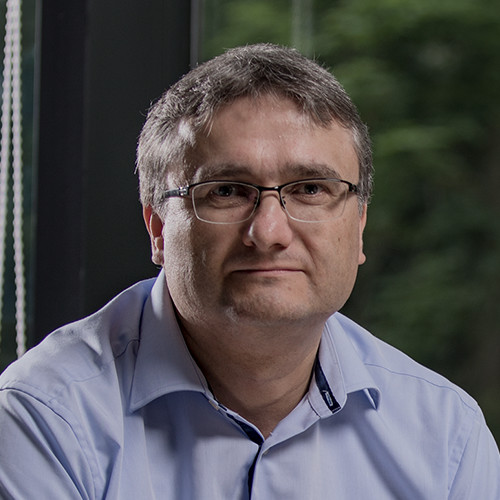
Neuroscience
Michael Lazarus
-
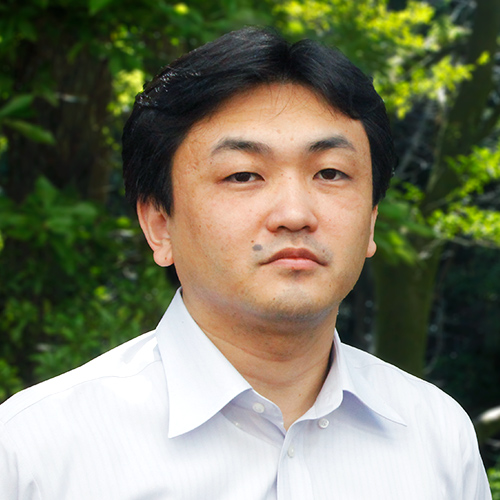
Neuroscience
Yo Oishi
-
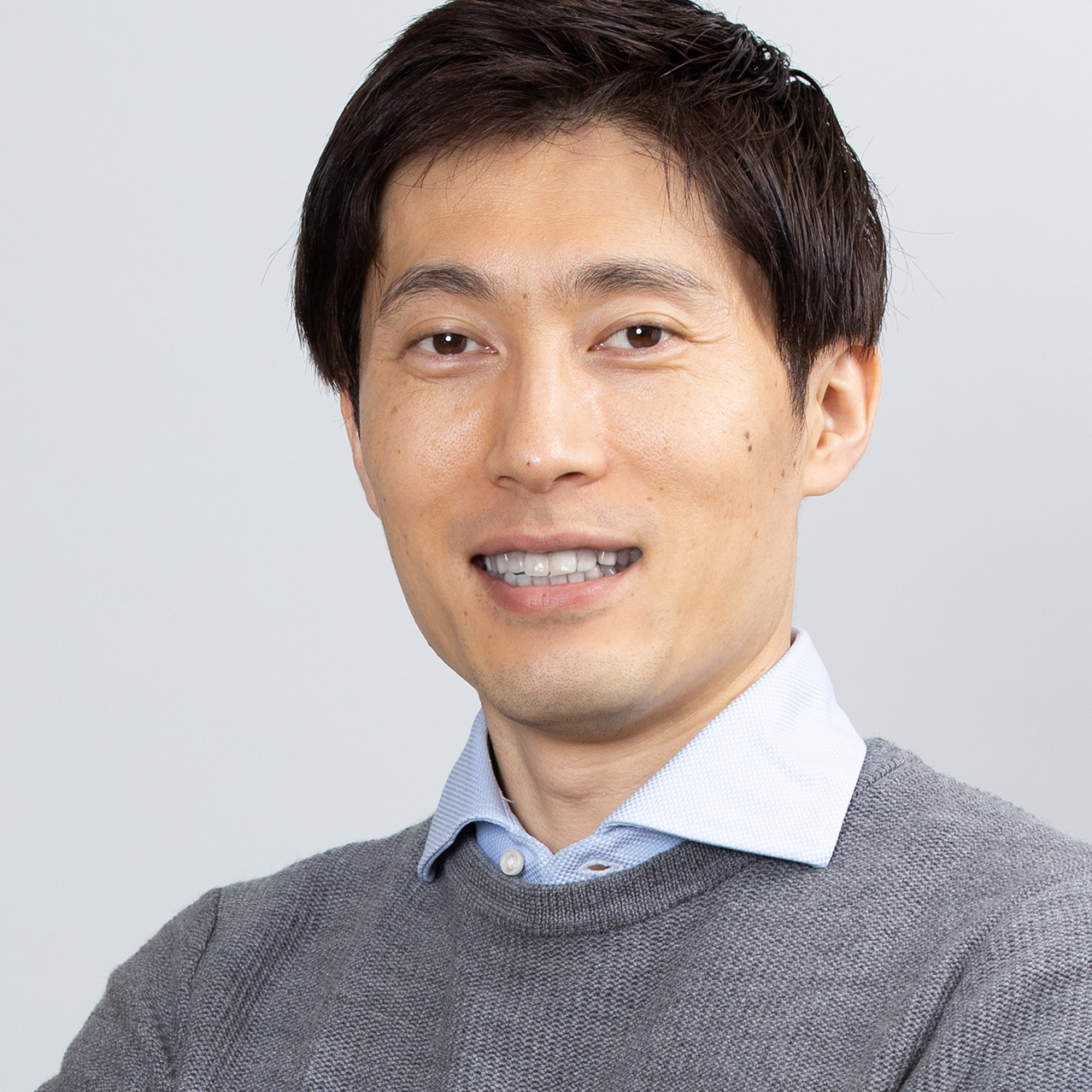
Neuroscience
Masanori Sakaguchi
-
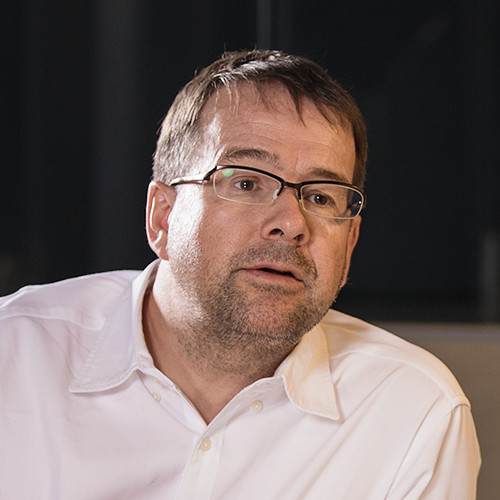
Neuroscience
Kaspar Vogt
-
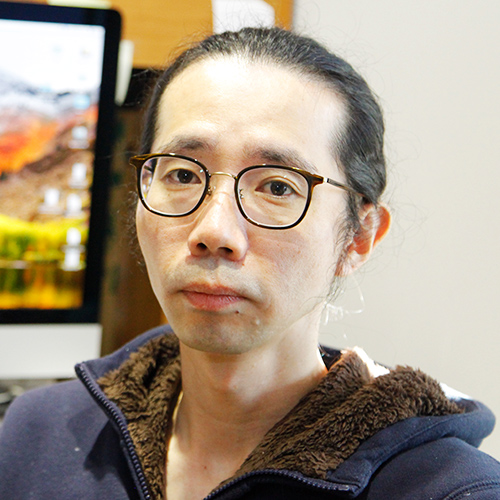
Neuroscience
Katsuyasu Sakurai
-
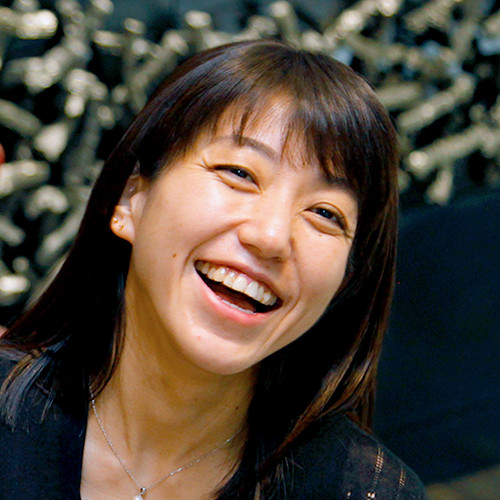
Neuroscience
Sakiko Honjoh
-
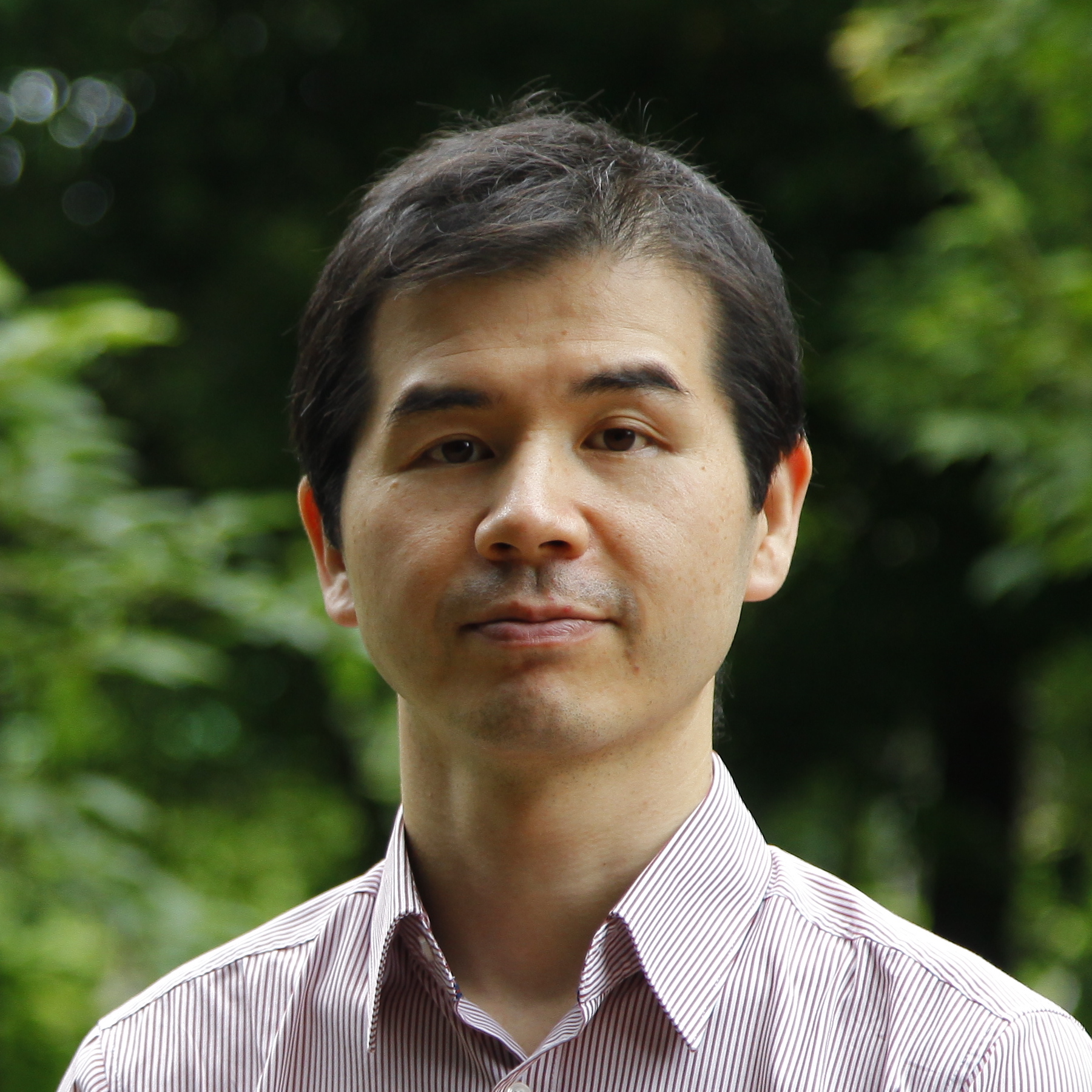
Neuroscience
Hirofumi Toda
-
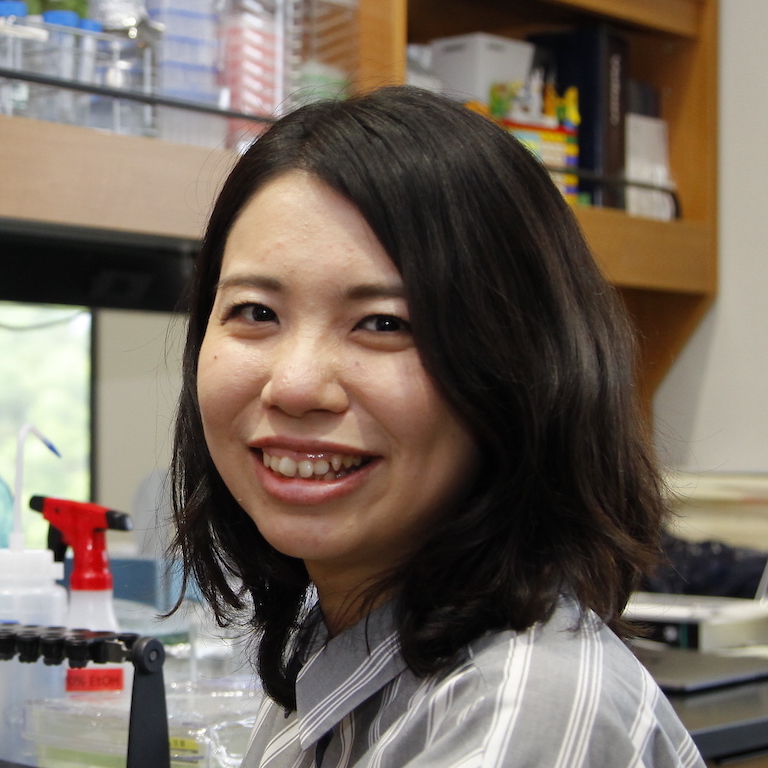
Neuroscience
Arisa Hirano
-
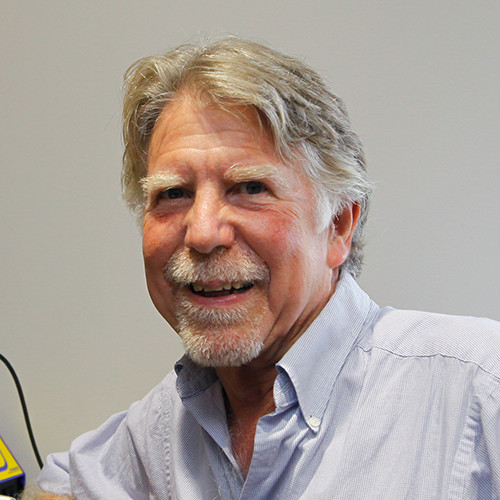
Neuroscience
Robert Greene
-
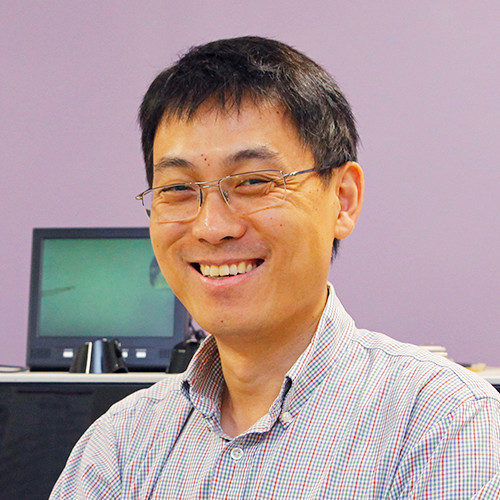
Neuroscience
Qinghua Liu
-
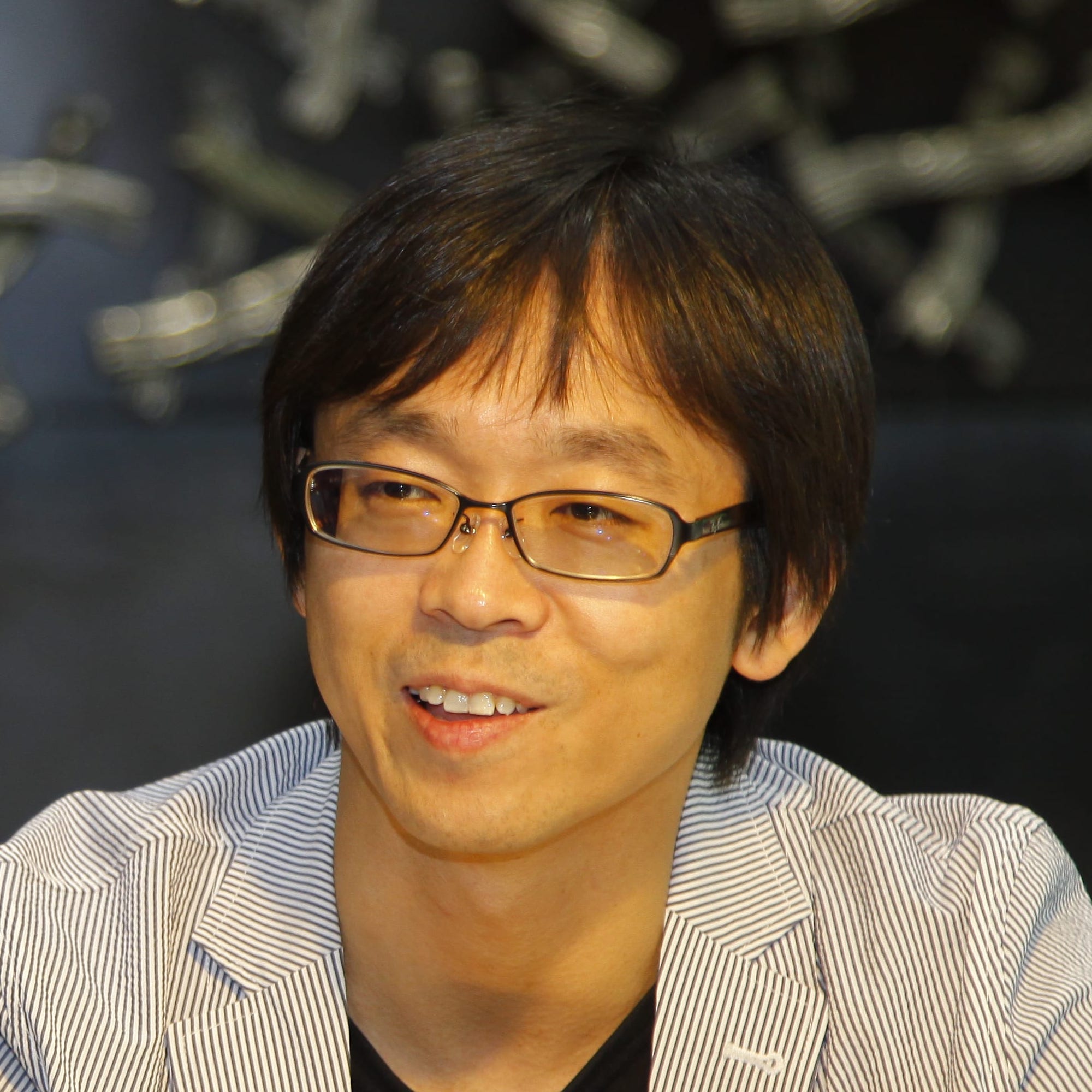
Drug discovery
Noriki Kutsumura
-
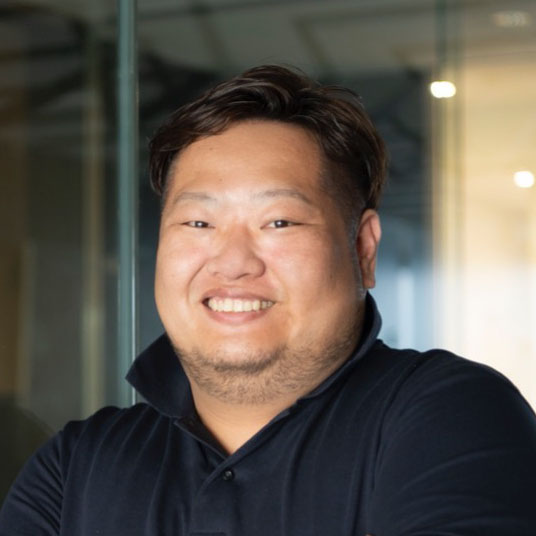
Drug discovery
Tsuyoshi Saitoh
-
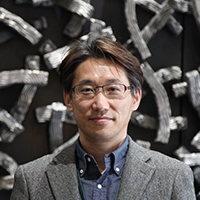
Human sleep
Tomohiro Okura
-
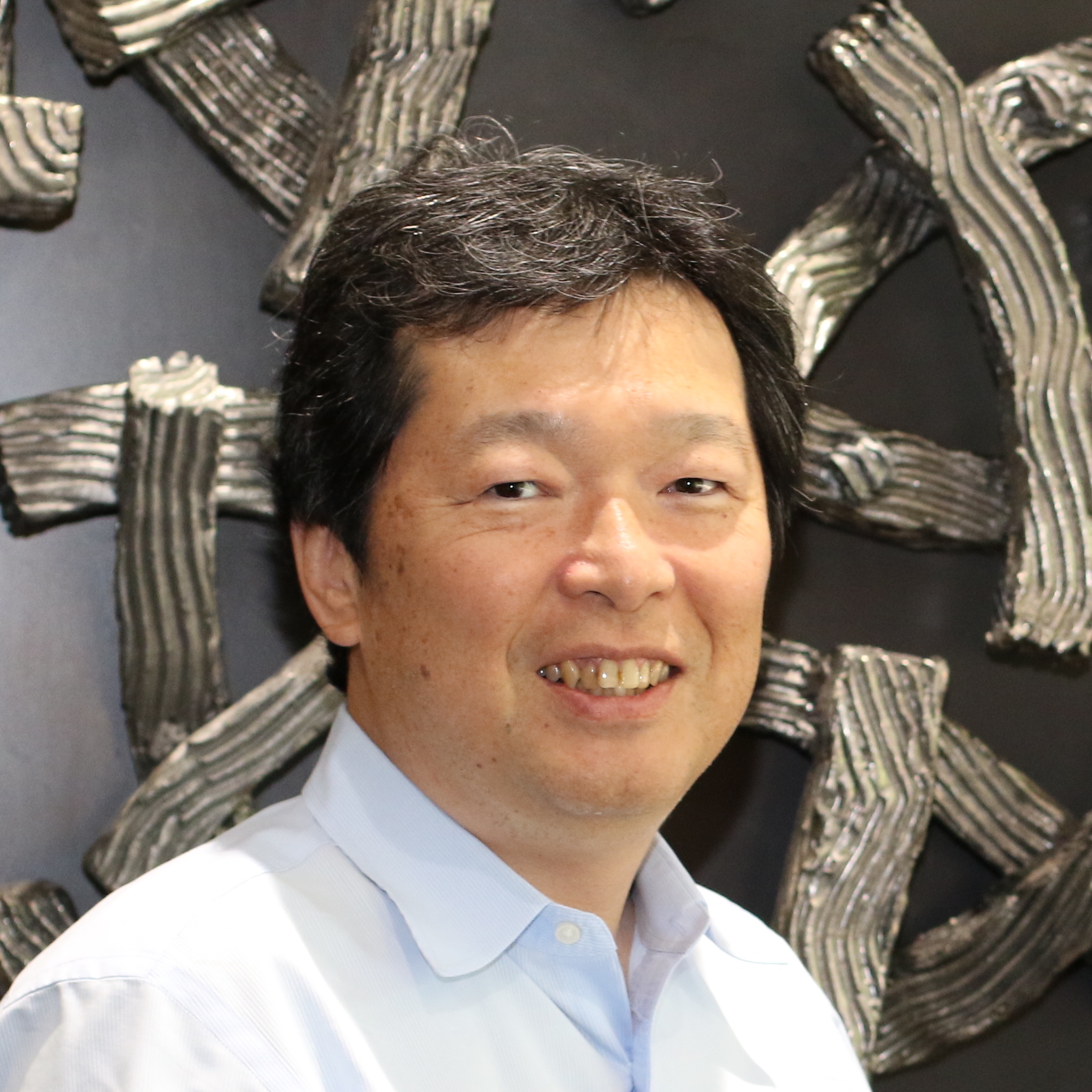
Human sleep
Takashi Kanbayashi
-
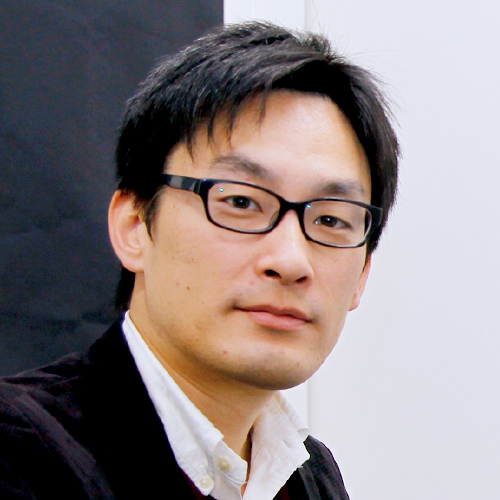
Human sleep
Takashi Abe
-
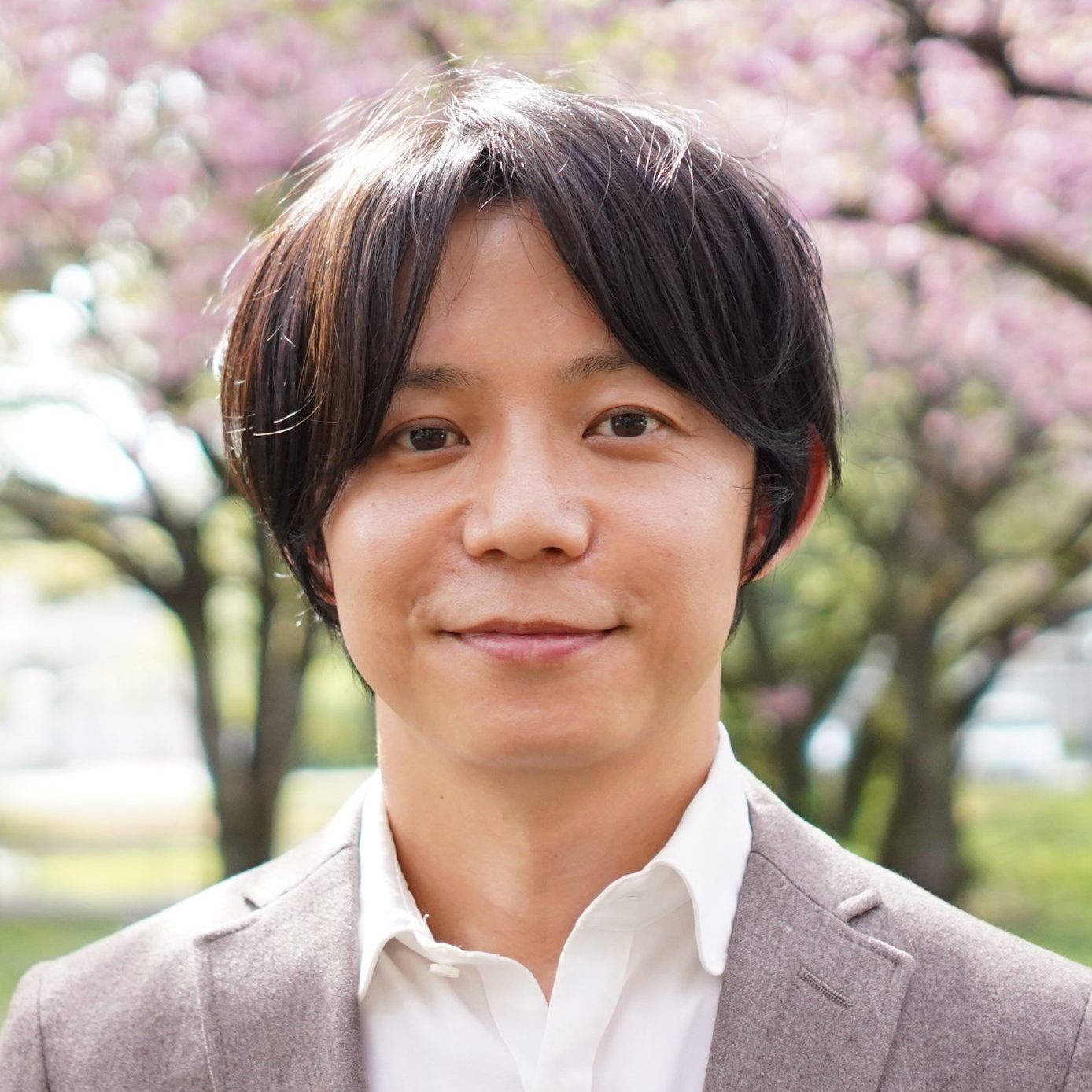
behavioral science
Shun Nakajima
-

Data Science
Hiroyuki Kitagawa
-

Data Science
Shoi Shi
-
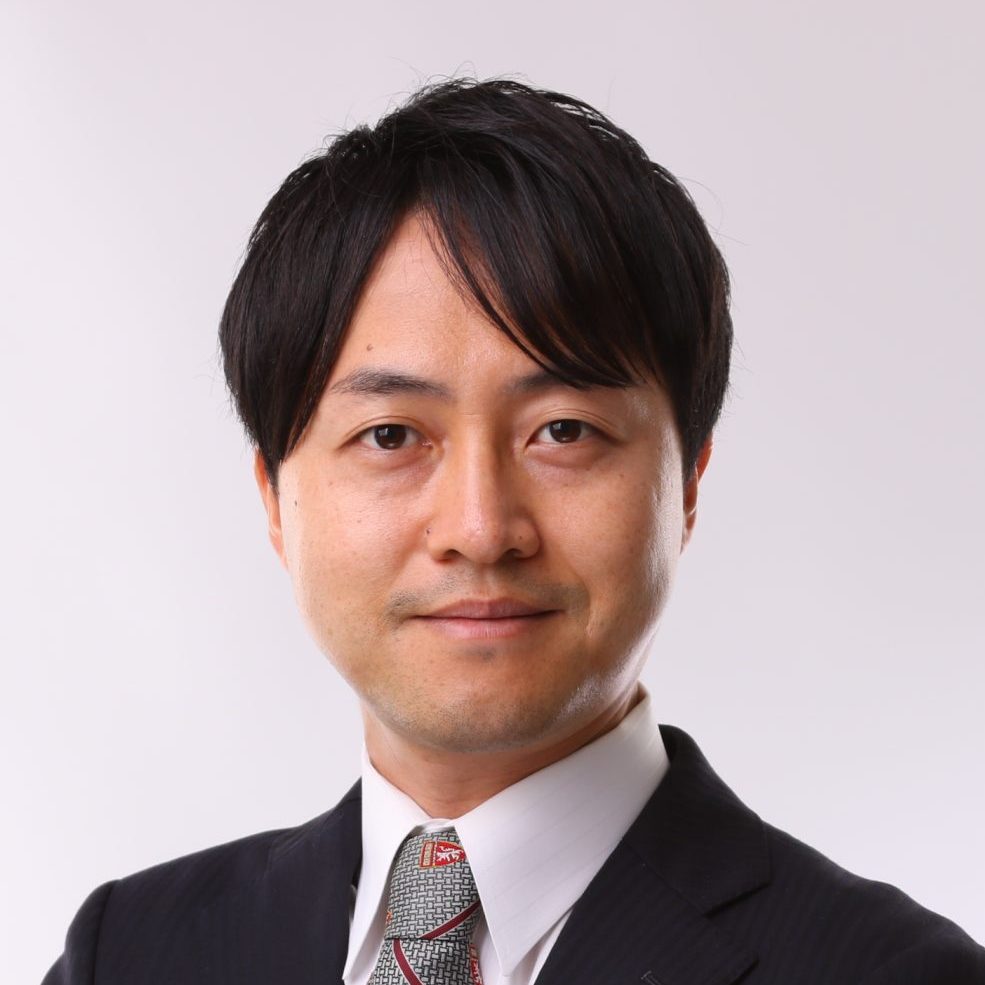
Data Science
Masao Iwagami
